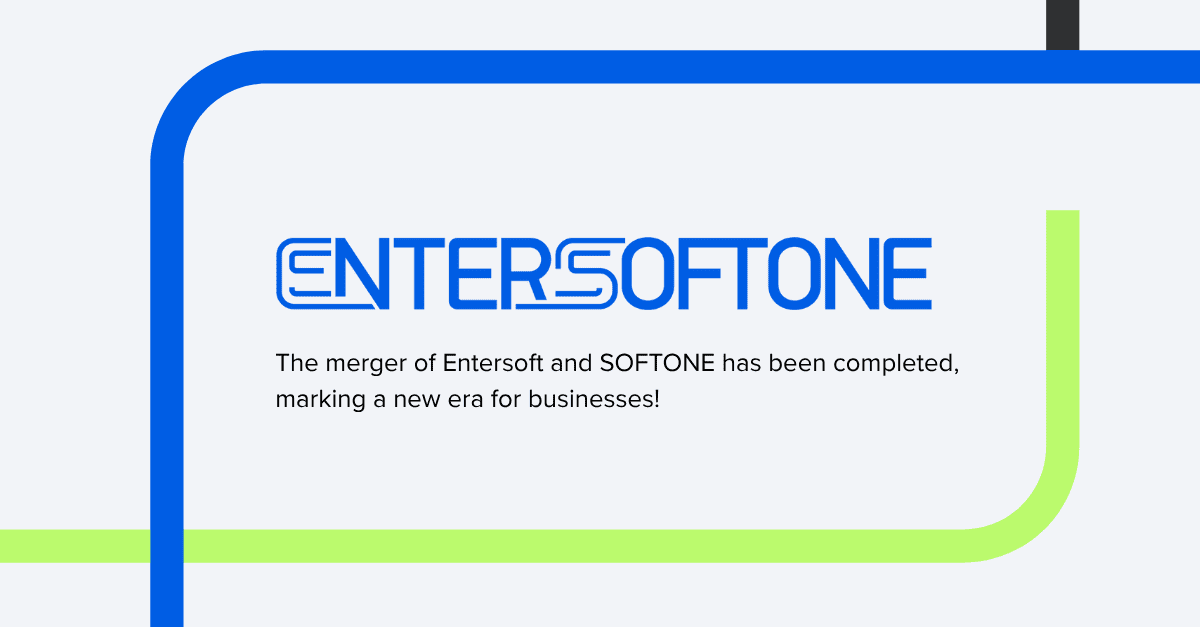Share
Read also

News & Events
ENTERSOFTONE: The merger of Entersoft and SOFTONE has been completed, creating the largest provider of business software products and services in Greece and Southeast Europe.

Mobility
Outlook for the BYOD and EM market from 2025 to 2035

Cloud
The Cloud CRM market will see impressive growth by 2033

Mobility
Key trends in Sales Force Automation
From April 1st, 2024, the Digital Employee Card will be implemented in the retail and manufacturing sectors. We know that the catering and tourism sectors will soon follow on a pilot basis to include the 2024 summer season.
According to the latest figures, retail and manufacturing have already started piloting the scheme since the beginning of the year for 600,000 employees. Efforts are being made to help businesses adapt to the new data and to identify where and how to make changes.
Businesses as employers are now obliged to have and activate the Digital Employee Card system for all their employees (whether contracted or employed) who are physically present at the business’s workplace. It should be reminded that this includes employees that are employed in the above-mentioned businesses through borrowing.
If the audit now finds that there is a discrepancy between actual employment and what has been registered in the Digital Employee Card, then a fine of €10,500 per employee will be imposed.
The implementation of the Digital Employee Card for employers takes place in two stages. First is that of the employee census, during which the employer submits all the necessary data. Then the recording of actual working time is conducted, with the result that businesses communicate daily and in real time to Ergani the exact start and end of work data for each employee who is physically present on each day of the week at the business’s premises.
Finally, we should add that from April 1st the pilot period will cease to apply to the following sectors:
- Food industry
- Distillery
- Production of tobacco products
- Manufacture of textiles
- Manufacture of clothing items
- Industry of leather and leather goods
- Manufacture of wood and products of wood and cork, except furniture, manufacture of articles of basketry and plaiting materials
- Papermaking and manufacture of paper products
- Printing and reproduction of prerecorded media
- Production of chemicals and products
- Production of basic pharmaceutical products and pharmaceutical preparations
- Manufacture of rubber and plastic products
- Manufacture of other non-metallic mineral products
- Production of base metals
- Manufacture of metal products, except machinery and equipment
- Manufacture of computers, electronic and optical products
- Manufacture of electrical equipment
- Manufacture of machinery and equipment not elsewhere classified
- Manufacture of motor vehicles, trailers, and semi-trailers
- Manufacture of other transport equipment
- Manufacture of furniture
- Other manufacturing activities
- Repair and installation of machinery and equipment
- Retail trade, except for motor vehicles and motorcycles







